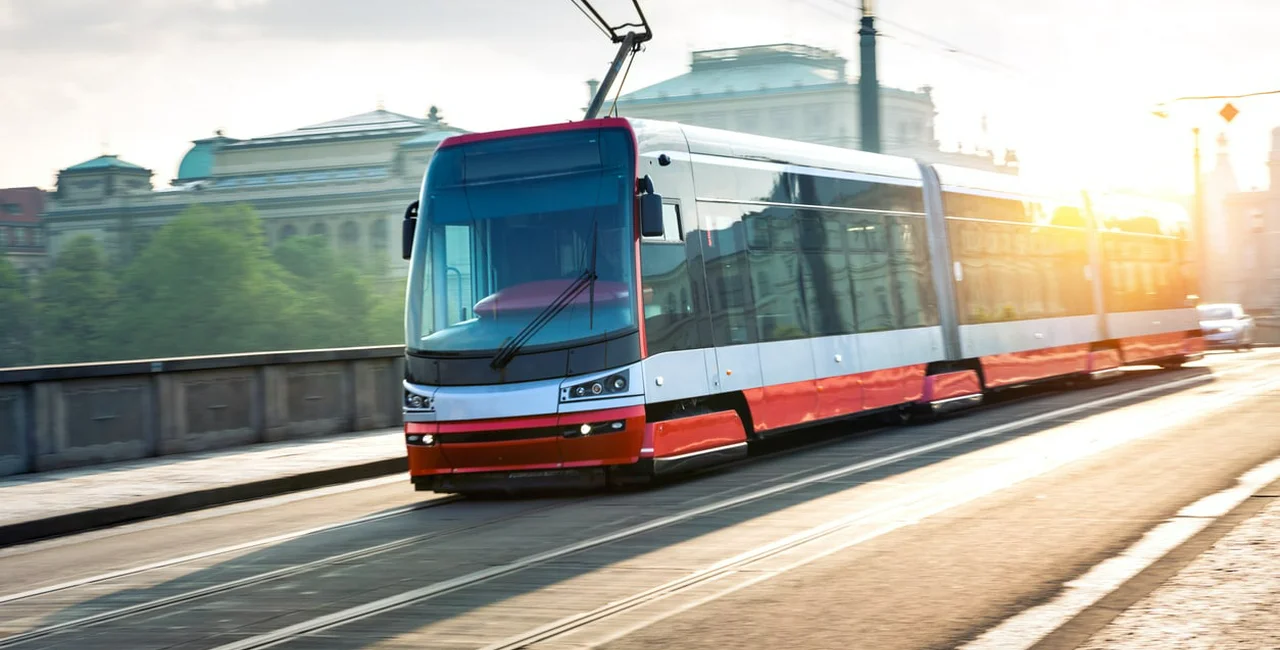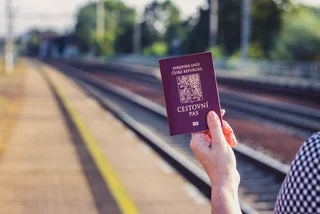Smelly passengers might soon get booted off of public transportation, if the Czech Transport Ministry’s first update of rules in 20 years take effect. Another change will make it possible for people to take up more than one seat if necessary.
But the changes already have critics who say that from a legal standpoint they will be hard to enforce due to poor wording.
PARTNER ARTICLE
The Transport Ministry has said the decree governing public rail and road passenger transport over the past two decades has become obsolete. The amendment takes into account the expansion of electronic check-in, integrated systems and the planned introduction of a uniform tariff. It also tries to standardize language to take into account developments in online ticketing.
Not all of the changes are due to new technology. Passengers can be denied transit if they “behave noisily, reproduce music or sing noisily, or use loud audiovisual technology or harass other passengers with other inappropriate behavior or odors,” according to the text of the amendment.
Rudolf Mládek, chairman of the Association for Public Transport, has already written an editorial on the site Česká justice in response. His concern is who gets to decide about such a hard-to-define issue, and what exact criteria can be used.
“It is generally known that different people give off different smells, use very different cosmetics and also that the type of cuisine, or diet, affects the overall aroma. What smells to one person, may perceive exactly the opposite by another. So who in the Czech Republic will assess the ‘smelly passenger’? Who determines the excretory intensity of the odor?” Mládek said.
He raised similar concerns over the vague “inappropriate behavior,” and the need for witnesses and other legal ramifications of trying to enforce it. Another issue is what constitutes “singing noisily” and whether musical genres will be allowed to play a role as to what qualifies as noise. Without properly defined parameters, all of these will be difficult to legally enforce, and will likely lead to arguments and confrontations.
Another change will allow carriers to let a passenger seat use more than one seat. So far, passengers can only occupy one free seat. According to the Transport Ministry, this change follows a trend in air transport, where some airlines are introducing the obligation to allow more seats for overweight or obese people.
“The aim of the amendment is to enable the introduction of these rules for carriers in land transport with regard to the report of the State Health Office on the growth of obesity in Czech society,” the ministry stated in an explanatory memorandum.
A lot of energy is wasted in unnecessary stopping and starting. A passenger at a stop will have to signal the approaching vehicle by waving their arm, but also must stay in places where the driver can see him safely. The transport operator can adapt the rule, and also must take into account people with disabilities. “Such obligations must be comprehensible, safe and applicable even for people with reduced mobility and orientation,” according to the amendment.
The changes also address travel with children. A parent or guardian with a child will no longer be required to use just one seat. This is because under some tariff plans, a child up to the age of 18 can travel for free, and a teenager will be unlikely to be able to share a seat with an adult.
A loophole for traveling with animals will also be closed. The current rules require an animal for be in a carrier or have a muzzle. The new wording would require the animal to actually have to wear the muzzle for the entire trip.












 Reading time: 3 minutes
Reading time: 3 minutes 



























